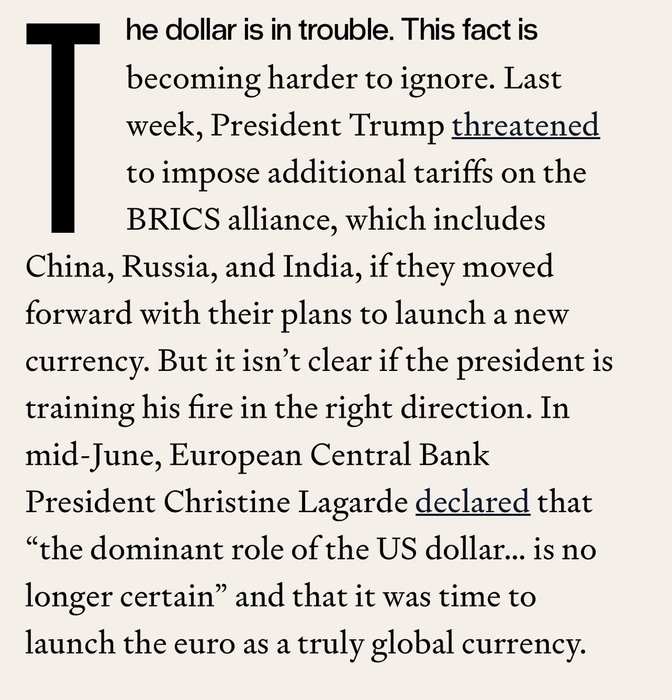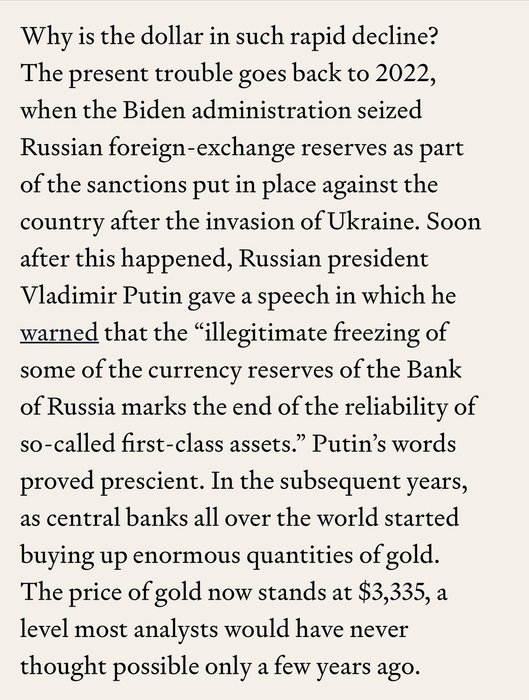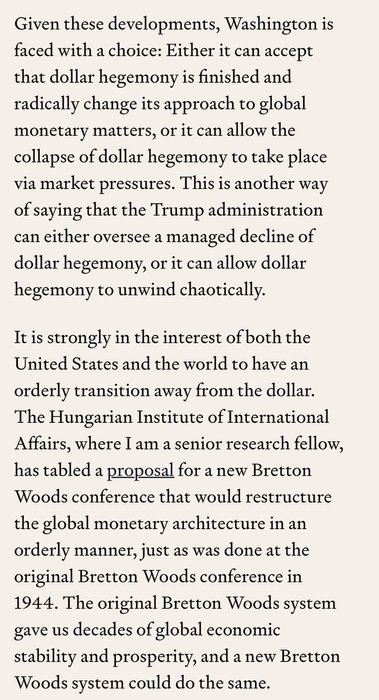Sublime
An inspiration engine for ideas
Paul Romer donna le nom de « charter city » à ce concept, s’appuyant notamment sur les exemples de Hong Kong et de Singapour.
Olivier Roland • Tout Le Monde N'aura Pas La Chance De Quitter Son Pays
Just a moment...
marginalrevolution.com
Herman Daly.
Kate RAWORTH • La Théorie du donut
Economists weren’t always so mixed up. In his classic 1944 book, International Currency Experience , Ragnar Nurkse wrote that “the devaluation of a currency is expansionary in effect if it corrects a previous overvaluation, but deflationary if it makes the currency undervalued.” Tariffs, which are close cousins of currency devaluation, act in the
... See moreMichael Pettis • How Tariffs Can Help America




Neoliberalism
Tara McMullin • 1 card
Obviously Reich’s influence went way beyond just me. Alongside other authors such as Anthony Giddens[411] and Jeremy Rifkin[412], he was instrumental in crafting the message of a new generation of progressive leaders that the era of the steady, lifelong job was over. In a more global and unstable world, lifelong education was the new key to
... See more


